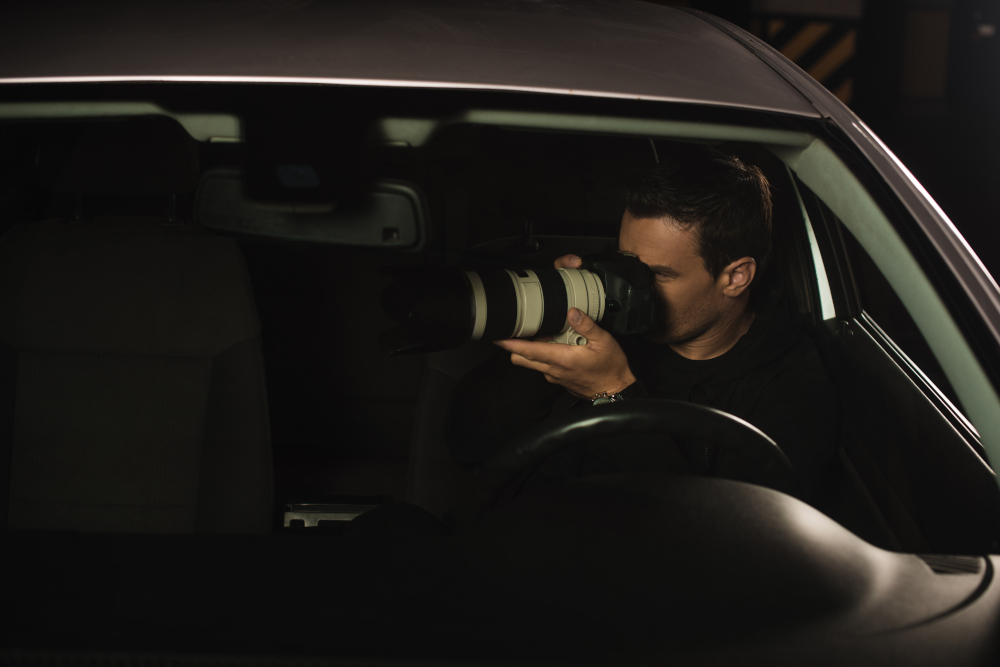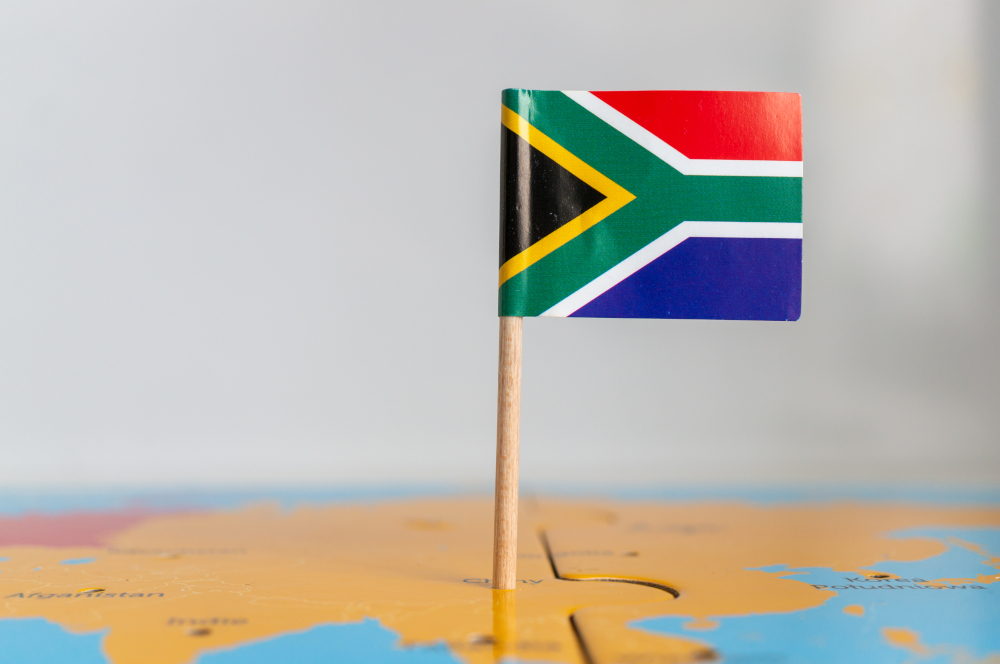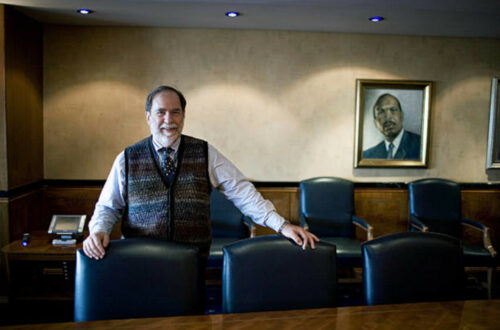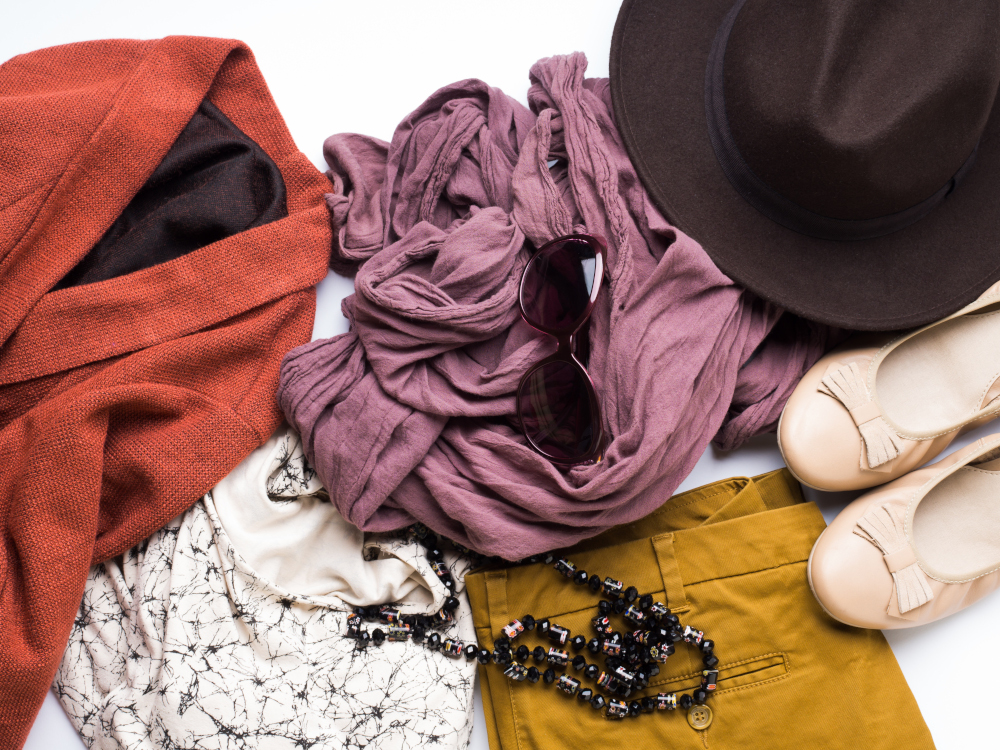
Celebrity-Owned Fashion Lines, Successes and Failures in South Africa
In recent years, the global fashion industry has witnessed a significant trend of celebrities launching their own fashion lines, leveraging their personal brands to enter the retail market. This phenomenon is not limited to Hollywood; South African celebrities have also embraced this venture, merging their public personas with entrepreneurial ambitions. One notable example is Bonang Matheba, a prominent South African media personality. In 2008, she collaborated with retailer Legit to introduce her first clothing line, “Just B.” This initial success paved the way for subsequent ventures, including a handbag collection called “Baby Star” and the ongoing lingerie line “Distraction By Bonang” with Woolworths, launched in 2014.
Another significant figure is Gert-Johan Coetzee, who established his label in 2010. He gained recognition for dressing both South African and international celebrities, showcasing his designs at major fashion events. His work has contributed to elevating South Africa’s presence in the global fashion scene.
These ventures highlight the diverse approaches South African celebrities have taken in the fashion industry, reflecting both successes and challenges.
Successful Celebrity Fashion Brands in South Africa
Bonang Matheba
Bonang Matheba, a prominent South African media personality, has successfully ventured into the fashion industry through several collaborations and product lines. In 2008, she launched her first clothing range, “Just B,” in partnership with retailer Legit, marking her entry into fashion design. The following year, she introduced a handbag collection named “Baby Star,” further establishing her presence in the fashion sector. In 2014, Matheba collaborated with Woolworths to create the “Bonang for Distraction” lingerie line, which has continued to release new collections over the years. Expanding her brand internationally, she partnered with American footwear brand Steve Madden in 2022 to launch a shoe and handbag range, a collaboration that was well-received and highlighted her influence in the fashion industry.
Gert-Johan Coetzee
Gert-Johan Coetzee is a renowned South African fashion designer known for his couture red carpet gowns and ready-to-wear collections. He established his own label in 2010 and quickly gained recognition for dressing both local and international celebrities at high-profile events. Coetzee’s designs have been showcased at various fashion weeks, including South Africa Fashion Week, and have been worn by notable figures such as Kourtney Kardashian, Kristin Cavallari, and Kelly Rowland. His collaborations with celebrities have significantly enhanced his brand’s visibility, making him one of South Africa’s most admired fashion designers.
Celebrity Fashion Ventures Facing Challenges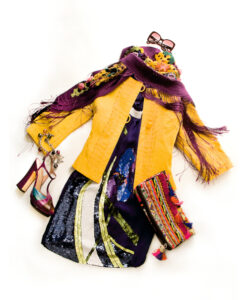
While several South African celebrities have launched fashion lines, not all have achieved lasting success. Some ventures struggled due to intense market competition, economic downturns, and shifts in consumer preferences. Specific examples of South African celebrities’ fashion ventures facing challenges are limited in available sources. However, the broader South African fashion retail industry has experienced notable difficulties.
For instance, Edcon, once a retail giant owning brands like Edgars and Jet, faced significant financial trouble post its private equity takeover by Bain Capital. The company struggled with debt, leading to the closure of numerous stores and a substantial reduction in market share. Similarly, the 159-year-old department store Stuttafords, often dubbed the “Harrods of South Africa,” shut down in 2017 due to a combination of economic challenges and a shift towards online retail.
These industry challenges highlight the difficulties faced by fashion ventures in South Africa, including those launched by celebrities. Economic instability, evolving consumer behaviors, and the competitive nature of the fashion industry can pose significant obstacles to sustaining a successful fashion brand.
Factors Influencing Success and Failure
Brand Authenticity – A celebrity’s fashion brand thrives when it reflects their personal style and resonates with their audience. Consumers are drawn to authenticity, and when a public figure actively engages in design and branding, it strengthens credibility. Brands that feel like a superficial cash grab often struggle, as seen when endorsements lack genuine passion or involvement.
Market Understanding – Fashion trends shift rapidly, and successful brands adapt to consumer preferences. South Africa’s retail landscape demands affordability, accessibility, and cultural relevance. Celebrities who fail to conduct market research or price their products competitively often lose traction. Understanding local demand and global influences is key to maintaining relevance.
Business Acumen – A strong fashion line requires more than just a name; it needs sound financial management and the right strategic partnerships. Poor logistics, weak distribution networks, or over-reliance on personal branding without a solid business model often lead to failure. Collaborating with experienced fashion retailers or manufacturers can enhance sustainability and long-term growth.
Economic Climate – South Africa’s economy directly affects consumer spending power. During financial downturns, luxury or premium-priced celebrity brands struggle to maintain sales. High production costs, import duties, and fluctuating exchange rates also impact profit margins. Celebrity fashion ventures must navigate these challenges by balancing exclusivity with affordability.
The South African fashion industry offers both opportunity and risk for celebrity entrepreneurs. While some have successfully built lasting brands through authenticity and market insight, others have struggled to maintain relevance in an increasingly competitive space. The ability to evolve with industry trends and consumer expectations determines long-term viability.
A strong personal brand alone is not enough to guarantee success. Effective business management, strategic partnerships, and adaptability to shifting economic conditions are essential. Fashion remains a volatile industry, where consumer loyalty can be fleeting and market shifts can quickly impact profitability.
As South Africa’s retail landscape continues to evolve, celebrities entering the fashion space must balance creativity with commercial strategy. Those who approach it as a serious business, rather than just an extension of their public persona, stand the best chance of building sustainable brands that endure beyond fleeting trends.

